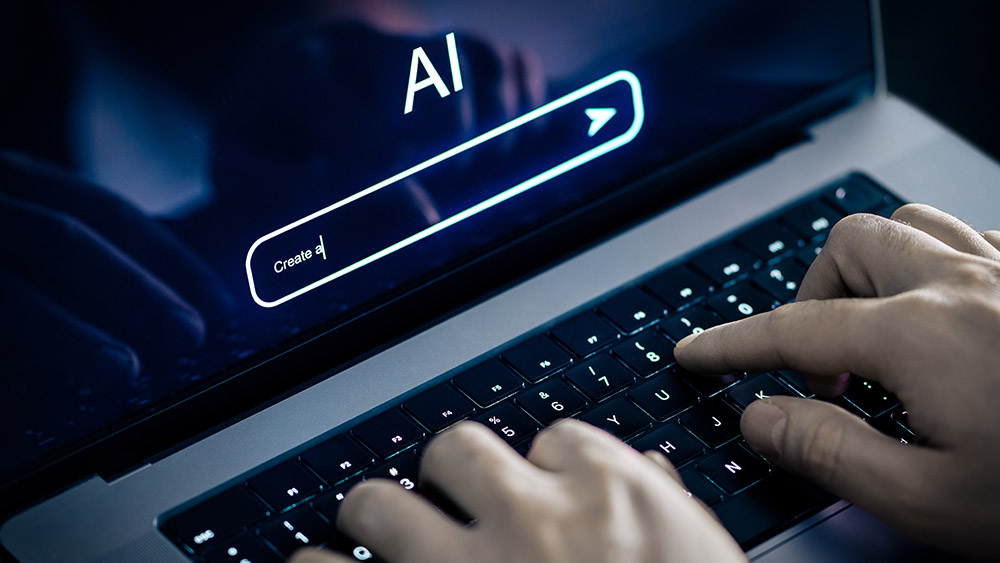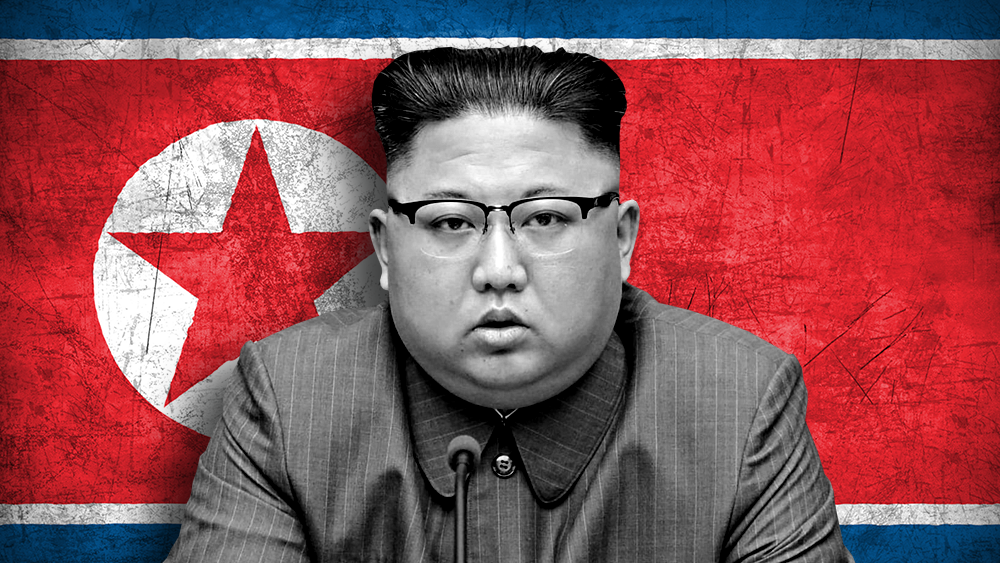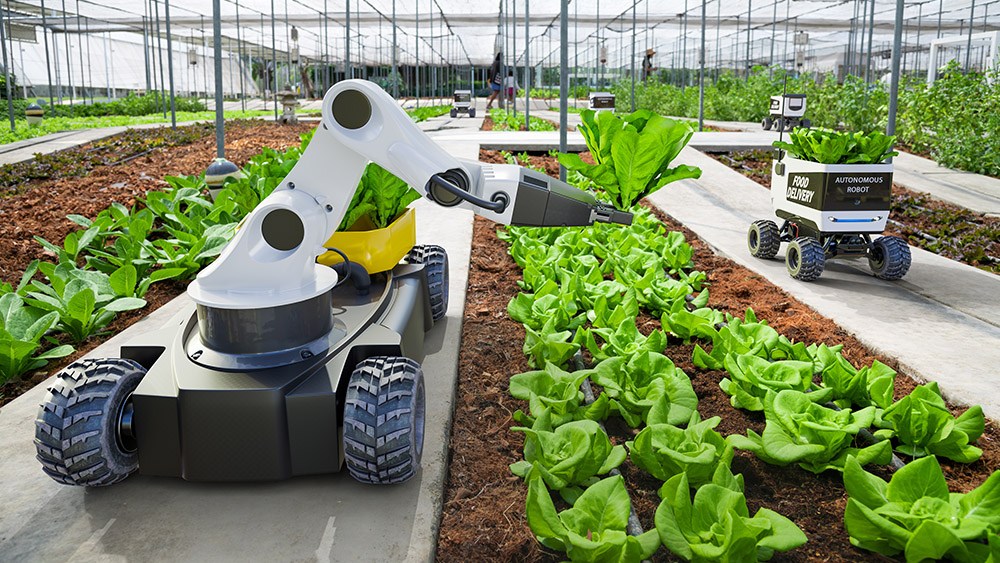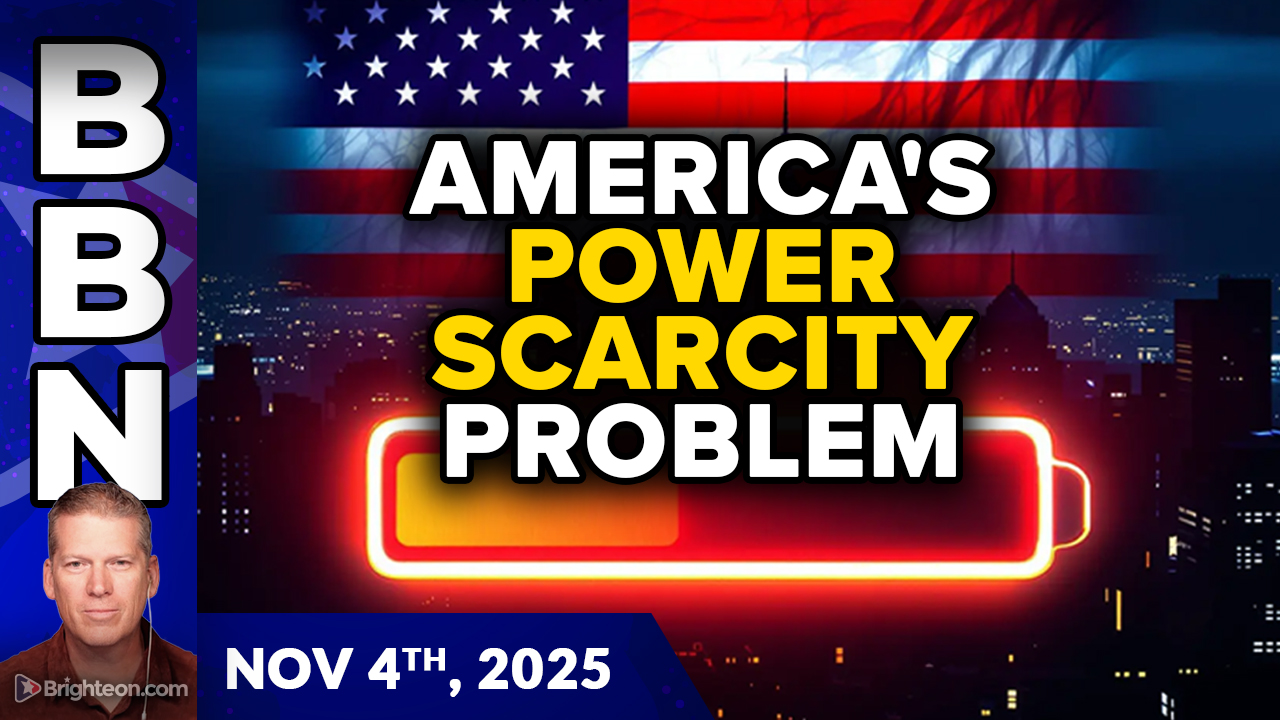 Parler
Parler Gab
Gab
- A federal court rejected OpenAI's motion to dismiss a major copyright lawsuit.
- The judge ruled ChatGPT's outputs can be substantially similar to copyrighted books.
- This allows a class-action lawsuit from authors like George R.R. Martin to proceed.
- A key example was an AI-generated summary that copied the plot of a Martin novel.
- The decision signals courts may hold AI firms accountable for copyright infringement.
The fight for creative ownership
OpenAI had argued that the authors failed to show "substantial similarity" between their original works and ChatGPT’s outputs. The company contended that not all summaries qualify as infringement, using the example that summarizing a mystery novel by saying "the butler did it" would not violate copyright. Judge Stein dismissed these arguments. He found that the complaint adequately alleges OpenAI accessed the plaintiffs' works and that the AI's outputs are based on them, which satisfies the legal requirement of "actual copying." The judge then turned to a specific example to illustrate his point. The order detailed a ChatGPT-generated summary of Martin’s A Game of Thrones. The AI-produced text described the book’s setting, prologue, main plot points, and ending. Judge Stein wrote that "a more discerning observer could easily conclude that this detailed summary is substantially similar to Martin’s original work," explaining that the summary copies the plot, characters, and themes, thereby conveying the overall tone and feel of the copyrighted book. This example was pivotal in the judge's reasoning. He concluded that a reasonable jury could find such outputs to be substantially similar to the original copyrighted works. The ruling allows the authors' direct copyright infringement claim to proceed, marking a critical step in their legal battle.AI copyright infringement in the spotlight
The case is part of a wider legal war being waged by creators against AI companies. This ruling arrives on the heels of another massive settlement in the industry. Just last month, AI company Anthropic agreed to pay $1.5 billion to settle a lawsuit with authors after a judge ruled it had illegally downloaded and stored millions of pirated books. In a statement, The Authors Guild, a plaintiff in the OpenAI case, called the Anthropic settlement a "milestone in authors’ fights against AI companies’ theft of their works." The group said it "sends a clear signal to AI companies that infringement of authors’ rights comes at a steep price." While this ruling is a setback for OpenAI, the legal landscape remains complex. In a separate case against Meta, a court dismissed similar claims from authors, finding they presented no evidence that the AI’s outputs would dilute the market for their original works. This contrast highlights the ongoing legal uncertainty surrounding AI and copyright law. For now, the decision in New York empowers creators who feel their livelihoods are threatened by the uncompensated use of their work. It signals that courts may be willing to hold powerful AI companies accountable when their systems produce content that mirrors protected expression. This case is far from over, but it establishes that the authors’ claims of systematic theft deserve their day in court. Sources for this article include: ZeroHedge.com CourthouseNews.com NBCNews.com NYTimes.comU.S. sanctions target North Korean cybercrime networks funding nuclear weapons
By Cassie B. // Share
Doosan Robotics and Daedong forge partnership to revolutionize agriculture with AI-powered robots
By Kevin Hughes // Share
Technology, energy, and environment: How competing agendas are redefining the future
By Finn Heartley // Share
The fluoride fraud is crumbling: FDA finally confronts decades of poison pills peddled to children
By Lance D Johnson // Share
Governments continue to obscure COVID-19 vaccine data amid rising concerns over excess deaths
By patricklewis // Share
Tech giant Microsoft backs EXTINCTION with its support of carbon capture programs
By ramontomeydw // Share
Germany to resume arms exports to Israel despite repeated ceasefire violations
By isabelle // Share










